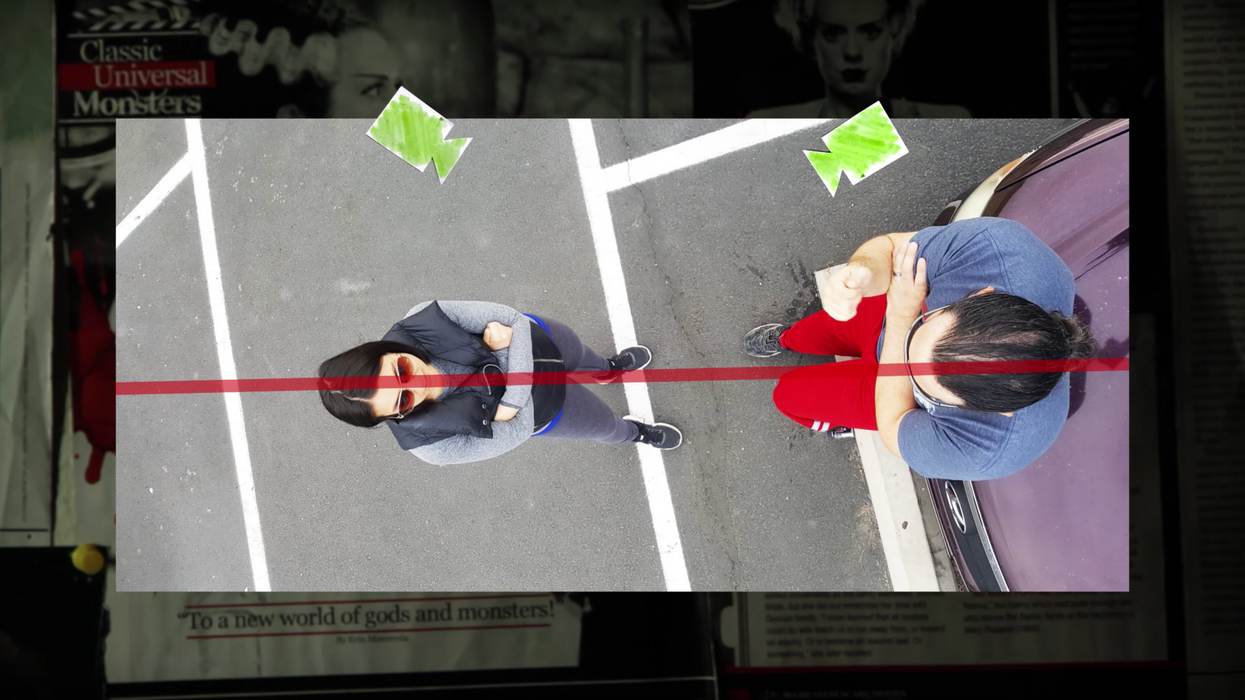Tips on Following the 180-Degree Rule When It Matters Most
Dialogue scenes are the perfect moments to really screw up on the 180-degree rule.

I always love a good convention breaker and filmmakers that have defied the 180-degree rule in their films, namely Stanley Kubrick in The Shining, are most certainly my rebellious little heroes. I love anybody who breaks cinematic rules like the 180, however, this is contingent upon, and only upon, them doing so successfully, because we've all seen examples, usually in student films, in which somebody's camera floats across that line of action and messes up everybody's perception of spacial relationships within the frame.
This is why it's important to understand how to approach each scene with that line of action, or axis, in mind, and in this video, Darious Britt of D4Darious breaks down how to do this when it seems it's most tricky: during dialogue scenes.
If you didn't know why following the 180-degree rule was so important before, you certainly do now, especially when it comes to dialogue scenes. These conversational moments in a film live and breathe this rule—in fact, most film classes use dialogue scenes to teach it! Why? My guess would be because 180-degree rule errors are more apparent when present in them because in one shot you've got, I don't know, a detective grilling some perp looking toward screen right, and then you've got the perp being totally smug and defiant looking toward screen—right!?
"Oh god! What the hell is going on here? Why are they both looking in the same direction? Are the detective and the perp sitting next to each other? Are they both grilling some other perp that we just can't see? Is the perp actually sitting backward on his metal chair facing screen right, you know, like a badass, and the detective is just talking to the back of his head?"
Keeping your camera on one side of the line of action is actually becomes a gracious thing when you know what would happen if you didn't. And that's not to say you can't break the 180-degree rule. You totally can and you totally should at some point, but for the love of Debbie Harry, do it intentionally and for a good reason, like, to serve your story.
Source: D4Darious











